7 hours of networking time
40+ Speakers
Now in its 11th Year
7 hours of networking time
40+ Speakers
Now in its 11th Year
Join 200+ people in a collaborative environment where you can engage with the speakers, sponsors, and other attendees.
Explore developments in Vertical Farming
Explore how Biocontrol, Biostimulant & Microbiome research is increasing crop yield, improving soil health, nutrient uptake, and efficient water use.
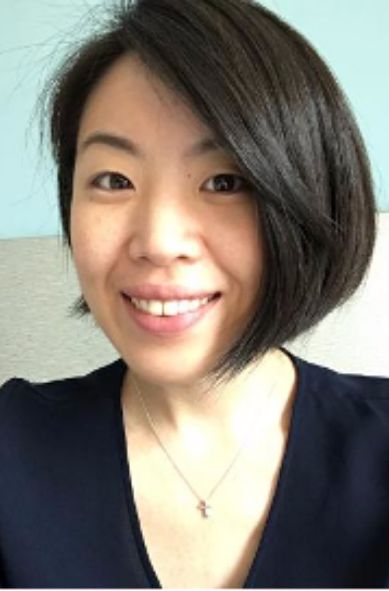
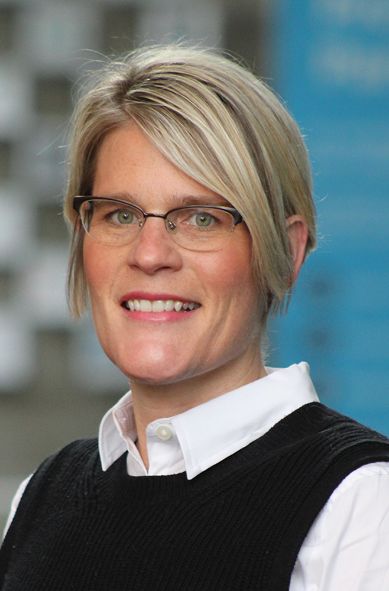

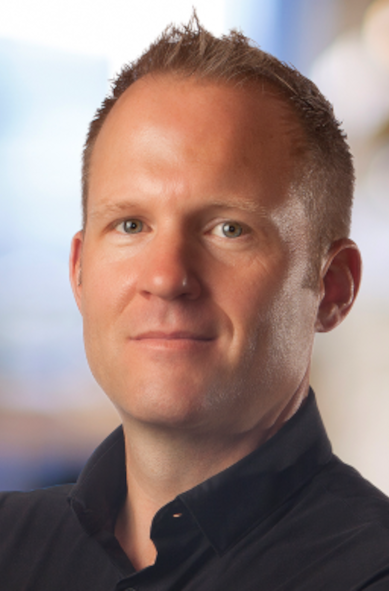
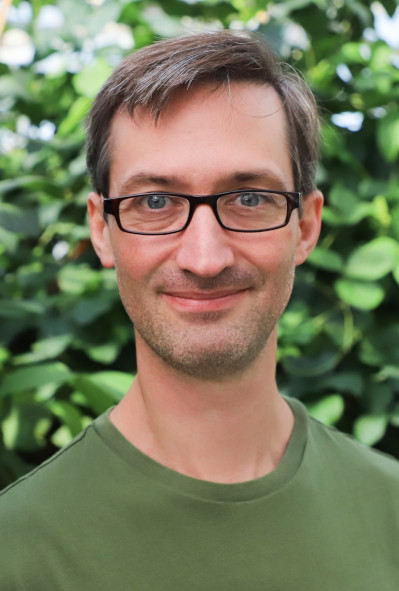
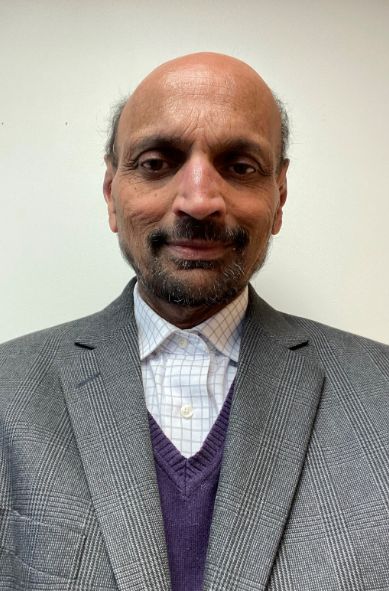






| Date | Room 1 | Room 2 | Room 3 | |
|---|---|---|---|---|
|
Day 1 - October 21
|
Plant Genomics & Gene Editing
|
Vertical Farming
|
Plant Biocontrol & Bio stimulants
|
|
|
Day 2 - October 22
|
Plant bioinformatics, computational modelling, and data analysis
|
Vertical Farming
|
Plant Microbiome
|





Global Engage is committed to hosting sustainable meetings.
We have reduced waste by replacing printed documentation with an app. Make sure you have it downloaded to your devices in time for the meeting.
You will have some great food choices while you are with us but now, we have worked with the caterer to increase the proportion of plant-based items. We have also built a plan with the venue to avoid waste through how they serve meals and how leftovers are processed.
An international meeting does involve travel but where it is practical, please consider more sustainable alternatives to flying. The app will also have a discussion space to arrange ride shares.
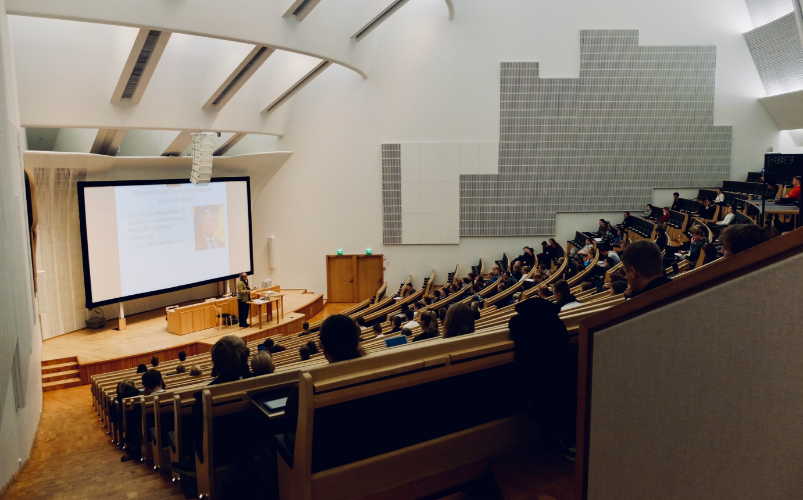
Poster presentation sessions will take place in breaks at the conference. Your presentation will be displayed in a dedicated area, with the other accepted posters from industry and academic presenters.
Whether looking for funding, employment opportunities or simply wanting to share your work with a like-minded and focused group.
Sponsor a Global Engage meeting to access senior professionals in the life science industry and build your brand. Our events offer extensive networking opportunities, workshops, speaking positions, one-to-one delegate meetings, and exhibition booths to showcase your products and services. Gain a competitive advantage and position your company as a thought leader. Call us at UK +44 (0)1865 849841 Malaysia +603 2779 0098 to learn more.
Only products with same currency can be added to the basket. Clear the basket or finish the order, before adding products with another currency to the basket.